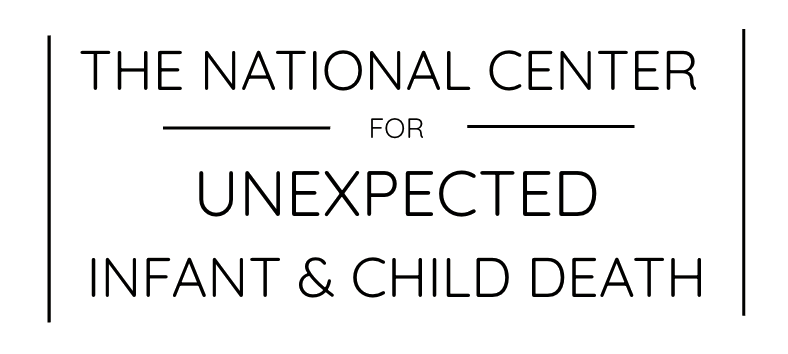NAVIGATING AN INVESTIGATION
The Investigation Process
Following the sudden or unexpected death of an infant or young child, a series of investigations may be automatically triggered. Depending on the location where death occurred, these investigations can involve multiple agencies, including the local medical examiner or coroner, the child welfare system (such as a Department of Children and Families or Child Protective Services), and law enforcement—often under the direction of a District/County Attorney’s Office.
These investigations can be especially challenging, particularly for families as they navigate their overwhelming grief. Investigators may appear and disappear without notice, and the involved agencies may operate independently with little coordination. This can lead to confusion of roles—especially when similar questions have already been answered multiple times.
Despite these difficulties, remaining engaged in the investigative process is important. Many families express a desire to understand what caused their child’s death, and participating in the investigations can support that pursuit of clarity.
In the case of child welfare investigations specifically, it is important that families understand their rights throughout the process, including the right to appeal decisions they believe were made in error (known in many states as a fair hearing).
Tips for Navigating Investigations
Each investigation is unique, but general tips for navigating child-welfare investigations include:
speaking truthfully
keeping detailed records of your interactions (and asking for documentation from investigators in writing whenever possible)
seeking clarification if anything feels confusing or uncertain
retaining legal representation, should this be feasible
Recourse for Mistreatment
Recourse is available through the following channels if an individual feels they have been mistreated during the course of an investigation:
Ombudsmen are independent government officials serving as advocates tasked with investigations made against government organizations, such as DCF/CPS agencies
State Bar Associations are available to handle complaints made against individual attorneys, including those working for a District Attorney. The Department of Justice can also receive complaints made against individual attorneys.
Chiefs of Police are available to field complaints made against local police officers (like those representing a specific town/city). For state-level police officers, complaints can be made to the agency’s internal affairs unit or to the state’s office of the attorney general.

